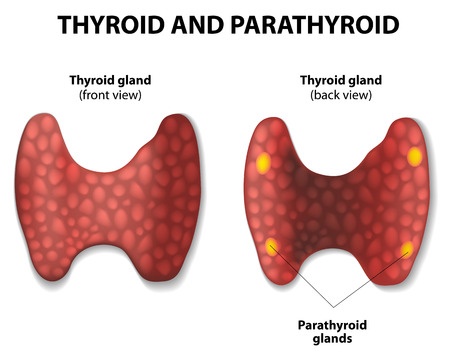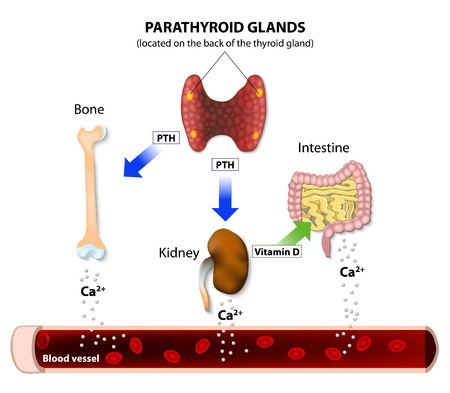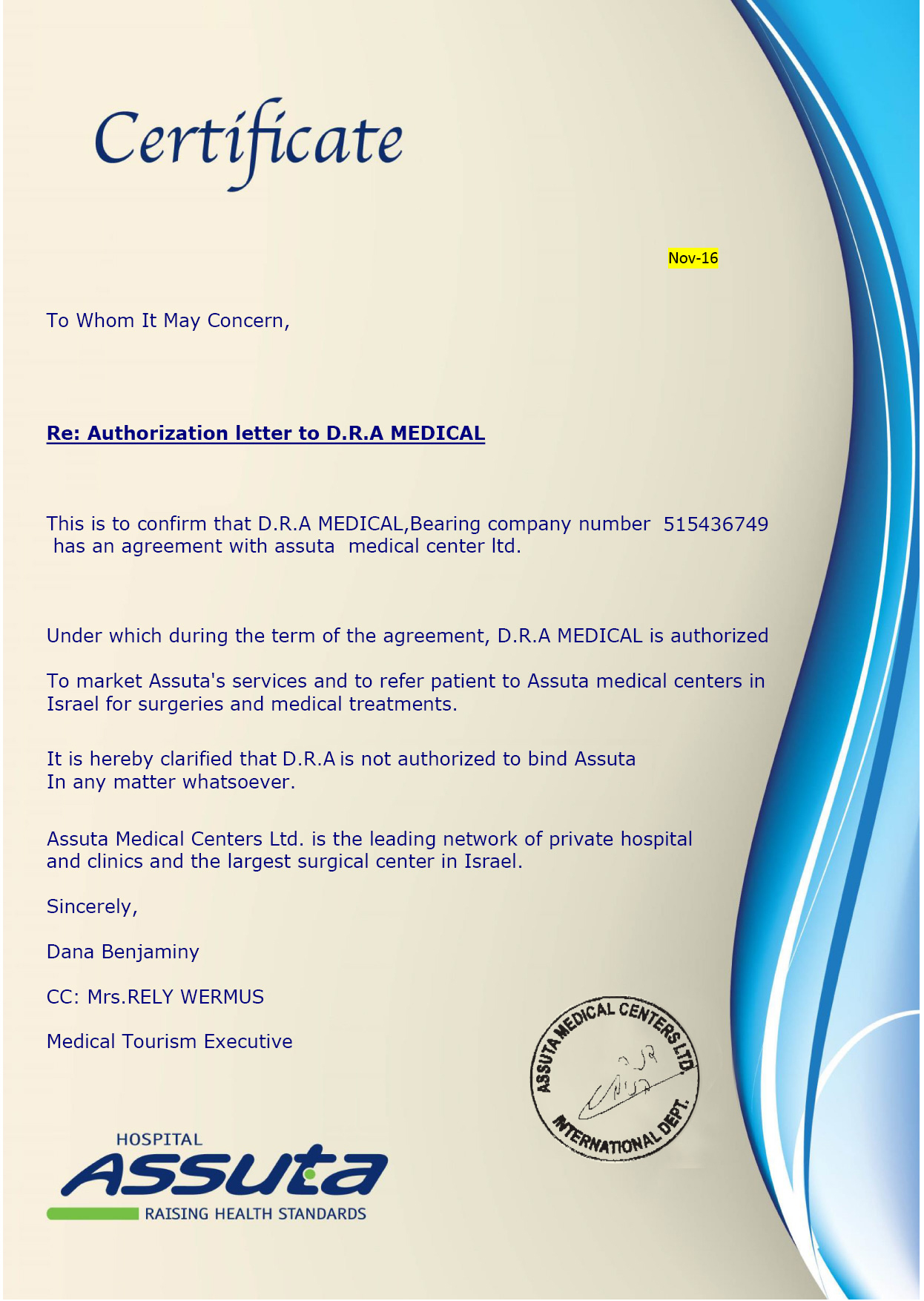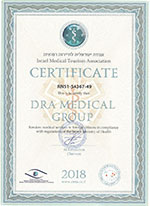Introduction and Definition
When there is an excessive amount of the parathyroid hormone in your bloodstream, this condition is called hyperparathyroidism. It is caused by overactivity in one of the four parathyroid glands in the body. Sometimes, when there is too much activity from one or more of these glands, it causes excessive calcium production. When this happens, parathyroid surgery (a parathyroidectomy) may be required. This guide explains the basic information you need to know about this surgery and what happens afterwards.
Why Parathyroid Surgery is Performed
The parathyroid glands are tiny oval glands located in the neck. The parathyroid hormone they produce helps your body maintain the right balance of calcium in your bloodstream. It also regulates the amount in the tissues that need calcium to function properly. When one or more of these glands enlarges, or develops a tumor, it causes an overproduction in the parathyroid hormone that results in hypercalcemia.Hypercalcemia is a condition that can cause many health problems, including bone thinning, kidney stones, muscle weakness, vomiting and depression. While symptoms may be few or mild, in some cases they lead to serious or dangerous complications. One of these is cardiovascular disease, including high blood pressure. Hypercalcemia can also cause pregnant women to have dangerously low calcium levels in their newborns.
The Parathyroid Surgery Procedure
A parathyroidectomy is performed using general anesthesia so you will be unconscious and not feel pain during the procedure. During the procedure, your surgical team will be monitoring your vital signs such as blood pressure, oxygen levels and temperature through monitors on your body. This is to make sure that your systems remain at safe levels during your procedure.The parathyroid surgery begins with your surgeon making a small incision in the front area of your neck to expose the glands. He or she will only remove the glands with the tumor or that are enlarged. If all four of your glands have been affected, the surgeon will most likely only remove three of the glands and a small part of the fourth, so that you still have functioning parathyroid tissue. The surgery incision is closed with sutures underneath your skin.

Risks and Aftercare
All procedures have risks. Parathyroid surgery carries minimal risks, but vocal cord nerve damage, blood loss or infection is possible from the surgery. Your condition will be carefully monitored both during the procedure and while you are recovering.After your parathyroid surgery is completed, you will be admitted into a hospital room for observation. Usually you will be in the hospital for one or two days. The surgery may cause you to experience some swelling and discomfort in your neck; however, these are normal and temporary side effects.
Depending on what your calcium level is after the parathyroid surgery, you may need to take a calcium supplement or get additional calcium through dietary changes to avoid the symptoms of low calcium levels. You should also contact your doctor immediately if you develop a fever or experience tingling or numbness in your hands, face or lips that your calcium supplement does not control.
As part of your aftercare, you will need to make some lifestyle changes. Drink plenty of water daily, at least eight glasses, to decrease your risk of kidney stones. Exercise regularly to help you maintain strong bones. Smoking often increases bone loss, not to mention increases the risks of many other serious health problems. If you smoke, talk with your doctor about the best options to help you quit. Some medications, such as certain antacids or diuretics, can raise your body’s calcium levels, so talk with your doctor to make sure they are OK for you to take before you use them.









